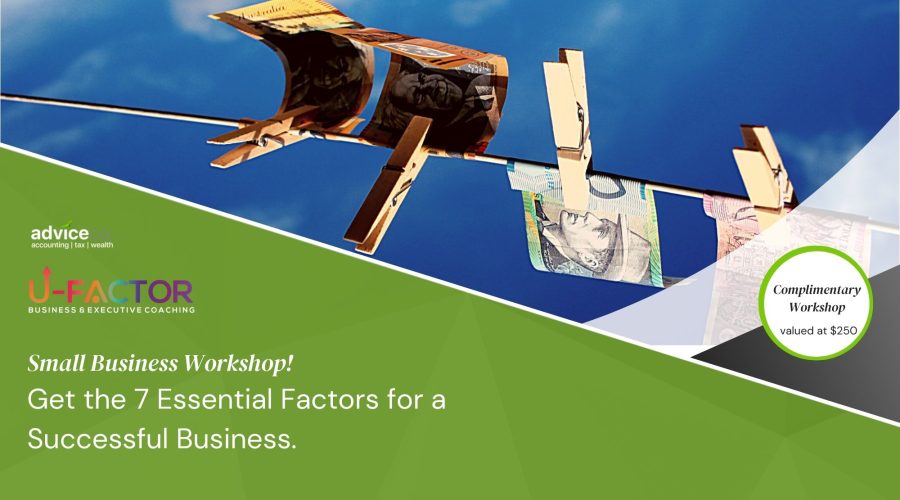Teaching kids about cash Posted on October 9, 2018

Most parents and grandparents would likely feel they do a fairly good job of teaching kids the value of money. But there might be better ways to do so. Here is what the experts have to say.
Mathematics, not money
A Professor at Harvard Business School, Shawn Cole, made headlines when he released the results of a study around the relationship between financial education and financial behaviour. In a nutshell, there was no relationship. When financial education increased in schools, the resulting financial behaviour of those students in adulthood did not change. But students required to take additional mathematics courses ended up better at managing credit, had higher equity in their homes and earned a greater percentage of income from investments. Mathematical skills, Cole reasoned, give people the ability to make sensible, balanced decisions rather than those based on emotion.
Explain the real cost
Clinical psychologist Dr Elizabeth Kilbey, in a recent interview with The Guardian, said the cost of a product should be explained in clear terms that make sense to the child. So if they want an expensive toy, explain exactly how many days you would have to work to pay for it. And don’t say you can’t afford it, as this creates a feeling of being out of control when it comes to money, leading to uncertainty and anxiety around the topic.
Let children learn from mistakes
We allow children to fall off bikes in order to learn to ride, so why don’t we let them make money mistakes. Allow children some of their own money and let them do what they wish with it. This way, when they experience the negative consequences of a bad decision it may lead to smarter decisions next time.
Make it a lifelong education
A 2015 study at the University of Colorado’s Centre for Research on Consumer Financial Decision Making revealed that financial literacy and other financial education interventions are responsible for just 0.1% of the eventual variance in financial behaviours. This is partly because financial education decays over time. So don’t assume that several sessions of intensive financial training will be all that a child needs. Constant learning (particularly mathematics), behavioural modelling by parents, open and honest discussions about everything to do with money, and personal experience with money are all ingredients of long-term success.





